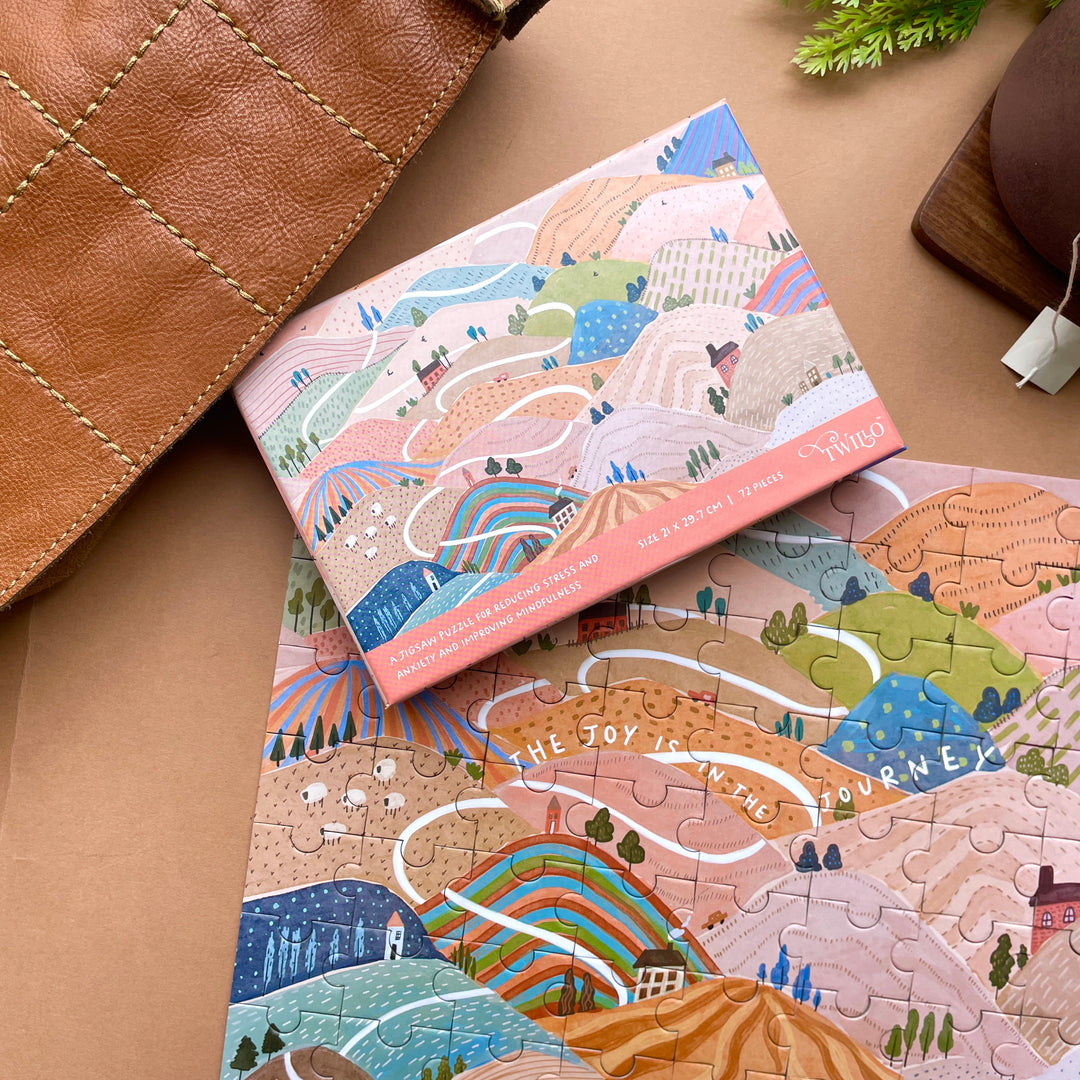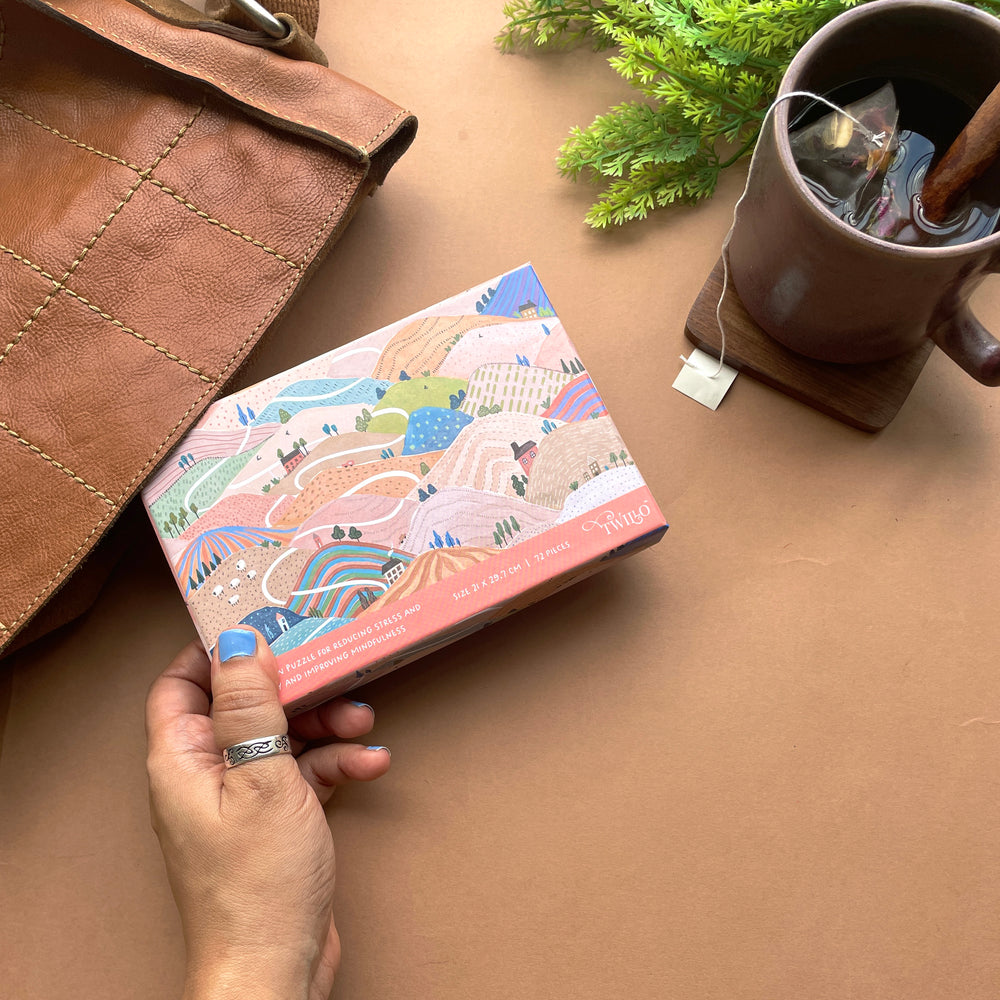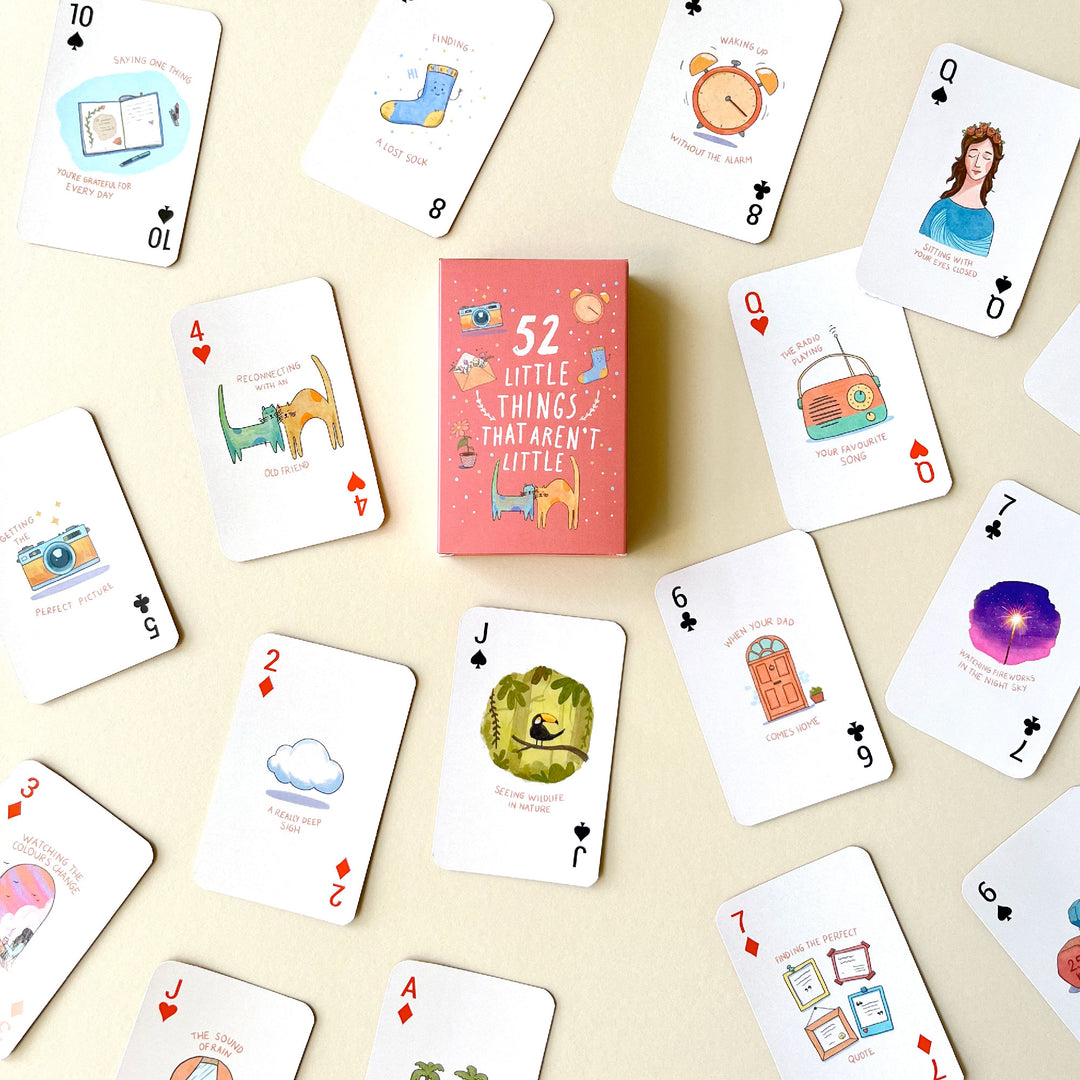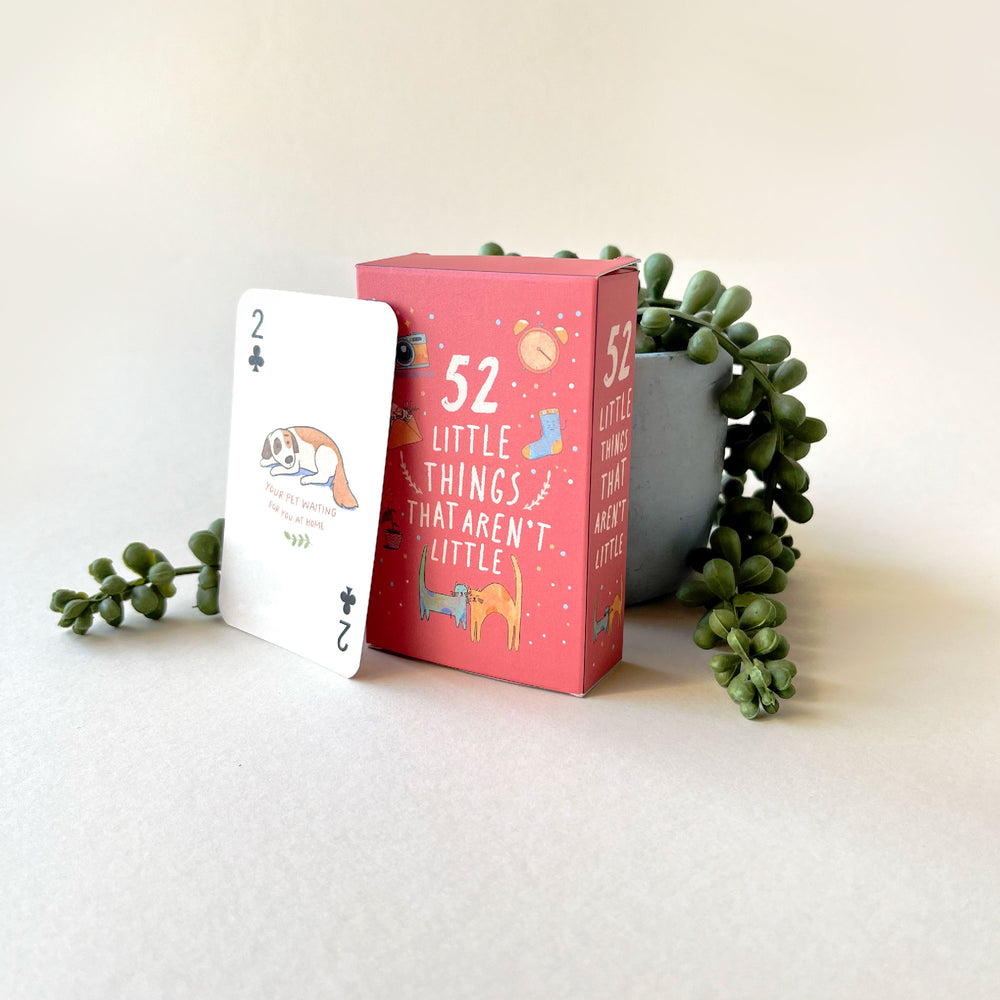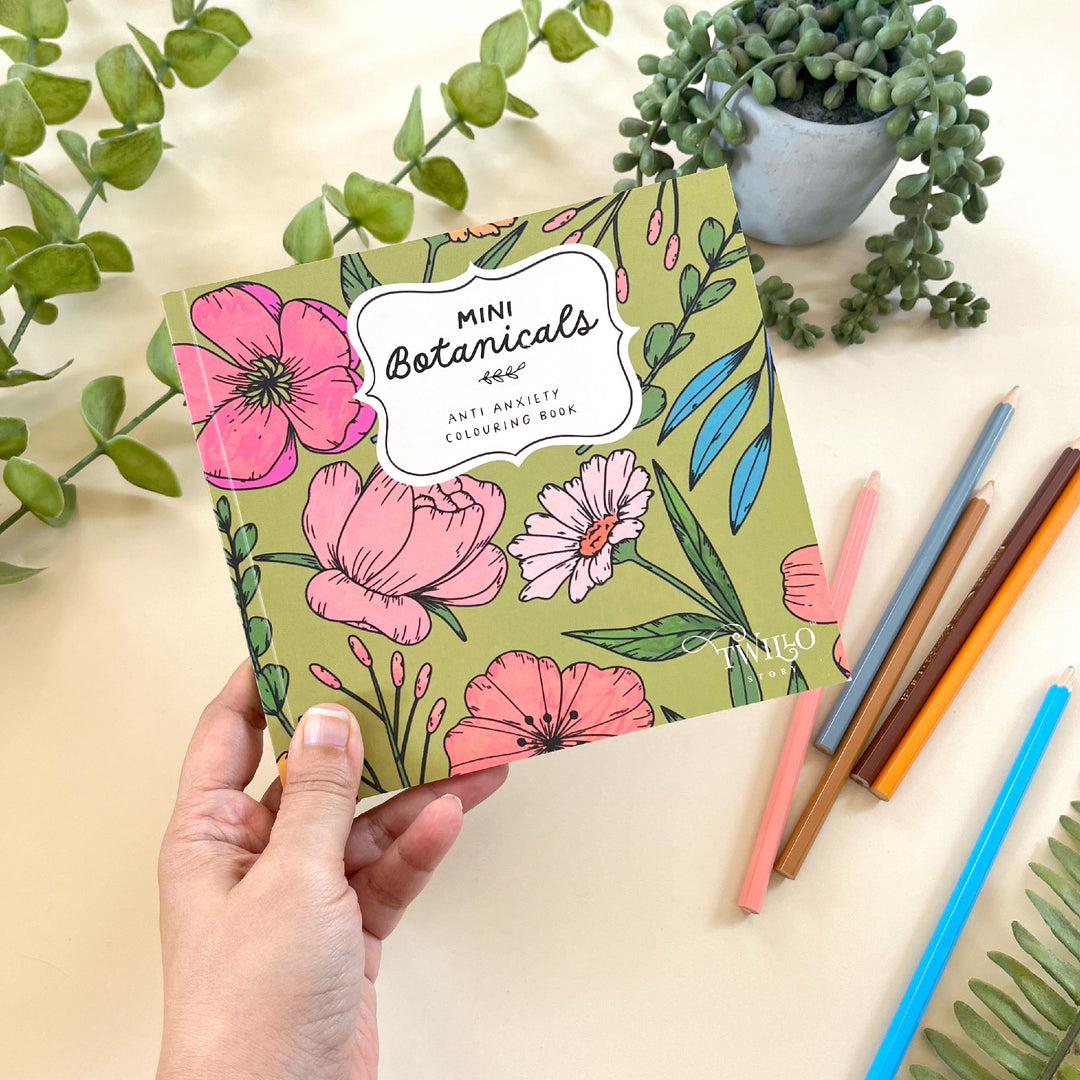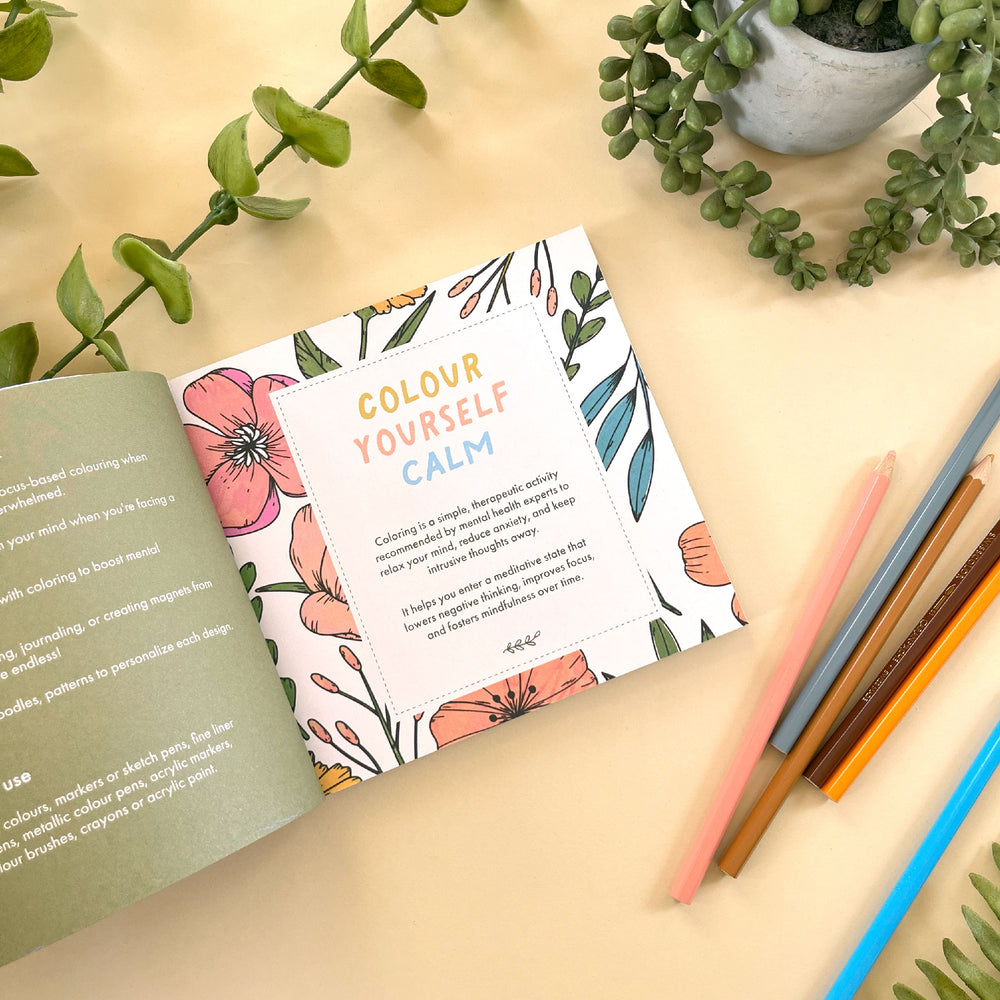Stress Reduction: Creating art can be a relaxing and meditative activity. The focus and concentration required while drawing or painting can help reduce stress and anxiety levels. Engaging in art allows you to temporarily escape from the demands of everyday life and can promote a sense of calm.
Emotional Expression: Art can serve as a non-verbal means of expressing emotions and feelings. Through colors, shapes, and imagery, you can convey and process emotions that might be challenging to articulate with words. This can be particularly therapeutic for individuals who have difficulty discussing their emotions.
Improved Self-Esteem: As you practice and see your skills develop over time, it can boost your self-esteem and self-confidence. Completing a piece of art and feeling a sense of accomplishment can provide a significant self-esteem boost, which can be especially beneficial for those struggling with self-doubt or low self-worth.
Mindfulness and Relaxation: Engaging in creative activities like drawing and painting encourages mindfulness, where you become fully immersed in the present moment. This can promote relaxation, reduce negative thought patterns, and enhance overall well-being. Many art therapists use mindfulness techniques in their practice.
Coping Mechanism: Art can be a constructive way to cope with difficult life experiences and trauma. It provides an outlet for processing and expressing feelings, making it a valuable tool in the therapeutic process. Some people find solace in art during times of grief, trauma, or personal challenges.


































